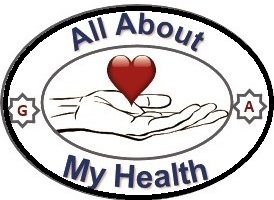Welcome to the All About My Health Discussion Forum!
We’re excited to have you in our community dedicated to discussing and supporting a wide range of medical/health issues. Whether you’re looking for advice, sharing experiences, or connecting with others who understand your concerns, this forum is a welcoming space for everyone.
Key Features:
- Health Discussions: Covers various topics, from common conditions like arthritis, hypertension, and diabetes to rare medical issues.
- Symptom Diagnosis: Helps in understanding symptoms such as pain, inflammation, fatigue, and mental health concerns.
- Preventive Care: Offers guidance on preventing health problems through proactive measures.
- Supportive Community: Encourages sharing knowledge and supporting one another on the journey to better health.
Feel free to explore, ask questions, and contribute to the conversations. Together, we can lead healthier lives. For more medical information, visit our blog and/or Podcast pages and check out our videos on our YouTube channel at https://www.youtube.com/@Gaynalem .
Notifications
Clear all
General Health Forum
Forum Information
- 1 Forums
- 0 Topics
- 0 Posts
- 0 Online
- 1 Members
Our newest member: Getahun Aynalem
Forum Icons:
Forum contains no unread posts
Forum contains unread posts
Topic Icons:
Not Replied
Replied
Active
Hot
Sticky
Unapproved
Solved
Private
Closed

